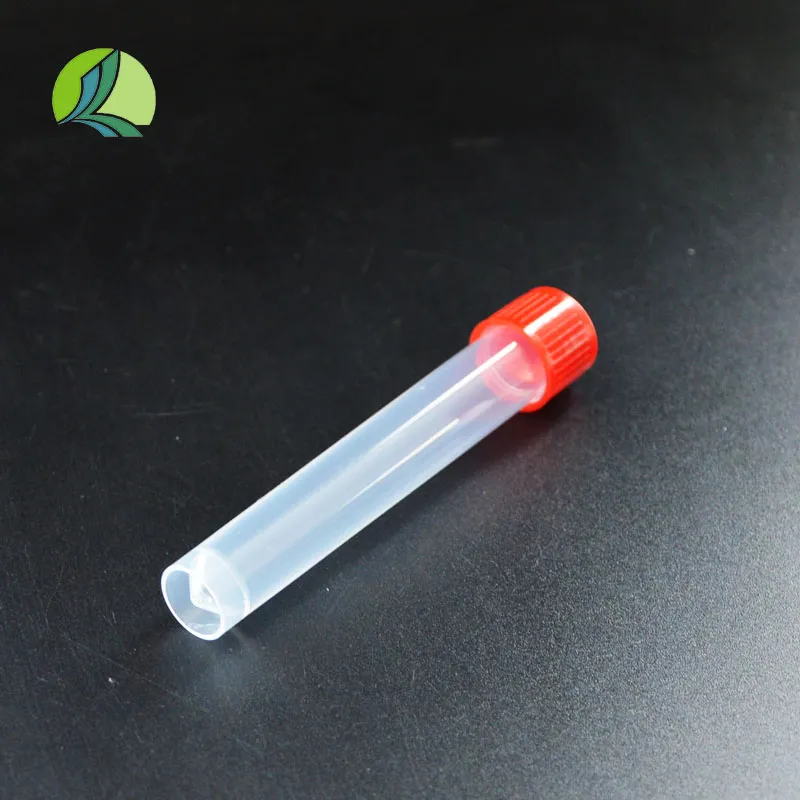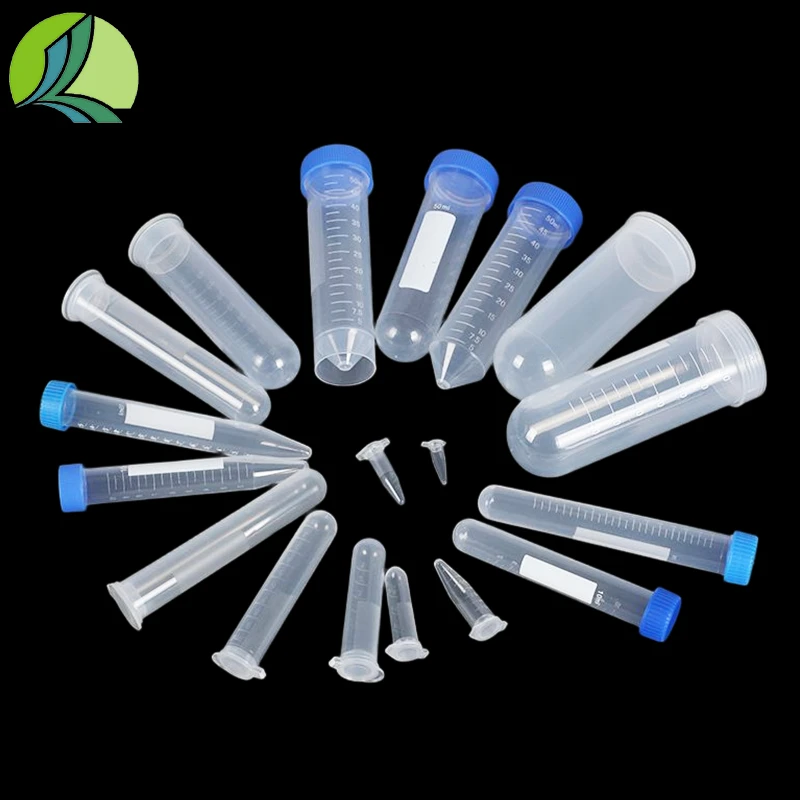
-
 Afrikaans
Afrikaans -
 Albanian
Albanian -
 Amharic
Amharic -
 Arabic
Arabic -
 Armenian
Armenian -
 Azerbaijani
Azerbaijani -
 Basque
Basque -
 Belarusian
Belarusian -
 Bengali
Bengali -
 Bosnian
Bosnian -
 Bulgarian
Bulgarian -
 Catalan
Catalan -
 Cebuano
Cebuano -
 Corsican
Corsican -
 Croatian
Croatian -
 Czech
Czech -
 Danish
Danish -
 Dutch
Dutch -
 English
English -
 Esperanto
Esperanto -
 Estonian
Estonian -
 Finnish
Finnish -
 French
French -
 Frisian
Frisian -
 Galician
Galician -
 Georgian
Georgian -
 German
German -
 Greek
Greek -
 Gujarati
Gujarati -
 Haitian Creole
Haitian Creole -
 hausa
hausa -
 hawaiian
hawaiian -
 Hebrew
Hebrew -
 Hindi
Hindi -
 Miao
Miao -
 Hungarian
Hungarian -
 Icelandic
Icelandic -
 igbo
igbo -
 Indonesian
Indonesian -
 irish
irish -
 Italian
Italian -
 Japanese
Japanese -
 Javanese
Javanese -
 Kannada
Kannada -
 kazakh
kazakh -
 Khmer
Khmer -
 Rwandese
Rwandese -
 Korean
Korean -
 Kurdish
Kurdish -
 Kyrgyz
Kyrgyz -
 Lao
Lao -
 Latin
Latin -
 Latvian
Latvian -
 Lithuanian
Lithuanian -
 Luxembourgish
Luxembourgish -
 Macedonian
Macedonian -
 Malgashi
Malgashi -
 Malay
Malay -
 Malayalam
Malayalam -
 Maltese
Maltese -
 Maori
Maori -
 Marathi
Marathi -
 Mongolian
Mongolian -
 Myanmar
Myanmar -
 Nepali
Nepali -
 Norwegian
Norwegian -
 Norwegian
Norwegian -
 Occitan
Occitan -
 Pashto
Pashto -
 Persian
Persian -
 Polish
Polish -
 Portuguese
Portuguese -
 Punjabi
Punjabi -
 Romanian
Romanian -
 Russian
Russian -
 Samoan
Samoan -
 Scottish Gaelic
Scottish Gaelic -
 Serbian
Serbian -
 Sesotho
Sesotho -
 Shona
Shona -
 Sindhi
Sindhi -
 Sinhala
Sinhala -
 Slovak
Slovak -
 Slovenian
Slovenian -
 Somali
Somali -
 Spanish
Spanish -
 Sundanese
Sundanese -
 Swahili
Swahili -
 Swedish
Swedish -
 Tagalog
Tagalog -
 Tajik
Tajik -
 Tamil
Tamil -
 Tatar
Tatar -
 Telugu
Telugu -
 Thai
Thai -
 Turkish
Turkish -
 Turkmen
Turkmen -
 Ukrainian
Ukrainian -
 Urdu
Urdu -
 Uighur
Uighur -
 Uzbek
Uzbek -
 Vietnamese
Vietnamese -
 Welsh
Welsh -
 Bantu
Bantu -
 Yiddish
Yiddish -
 Yoruba
Yoruba -
 Zulu
Zulu
50ml Sterile Polypropylene Falcon Tubes Lab-Grade
- Technical Advantages of Modern Falcon Tubes
- Market Comparison of Leading Manufacturers
- Customization Options for Specialized Needs
- Research & Industry Application Scenarios
- Sterility Maintenance Protocols
- Selection Guide Based on Requirements
- Operational Excellence of Polypropylene Falcon Tubes

(polypropylene falcon tubes)
Unmatched Technical Superiority in Polypropylene Falcon Tubes
Polypropylene falcon tubes represent a pinnacle of material engineering in laboratory consumables. This thermoplastic polymer delivers exceptional chemical resistance against acids, bases, and organic solvents – withstanding pH levels from 1 to 14 without degradation. Autoclavability at 121°C for 20 minutes enables repeated sterilization cycles while maintaining structural integrity through 100+ autoclave runs. The material's crystallinity (60-70%) provides optimal clarity for sample visibility and substantial tensile strength (35-40 MPa). Recent advances incorporate copolymer blending to achieve -80°C cold resistance without embrittlement, crucial for cryogenic storage. Leak-proof conical designs withstand centrifugation at 6,000 RCF consistently through patented thread engineering that creates perfect seals even after 500+ openings/closures.
Manufacturer Comparison and Technical Specifications
Significant performance variations exist between manufacturers that impact experimental outcomes. Key differentiating factors include polymer purity levels, molding precision, and certification compliance.
| Manufacturer | PP Purity | Max RCF | DNase/RNase Free | Price/Unit (50ml) | Certifications |
|---|---|---|---|---|---|
| Brand A Premium | Medical Grade | 8,000 | Certified | $0.98 | FDA 21 CFR, USP Class VI |
| Brand B Standard | Lab Grade | 5,000 | Non-certified | $0.43 | ISO 9001 |
| Brand C Ultra-Cold | PCR Grade | 6,500 | Certified | $1.25 | ISO 13485, USP Class VI |
Premium-grade tubes utilize virgin polypropylene resins instead of recycled materials, reducing extractables by 85% according to USP 661 testing protocols. Gamma-irradiated sterile options maintain sterility assurance levels (SAL) of 10^-6 with validated expiration periods up to 5 years. USP Class VI certification remains essential for in-vivo applications involving animal or human tissues.
Customization Solutions for Specialized Protocols
Beyond standard configurations, specialized applications drive demand for engineered modifications. Common customization requests include:
- Fluorescent marking zones compatible with automated sample handling systems
- Blue screw caps for distinct visual identification in multi-user facilities
- Pre-printed graduations with permanent ceramic-based ink that withstands aggressive solvents
- Increased wall thickness (1.5mm) for ultracentrifugation applications
Recent innovations include amber-colored 50 ml polypropylene tubes for light-sensitive compounds and conical-bottom inserts optimizing pellet visualization in cell harvesting procedures. Low-retention surface treatments through plasma polymerization achieve 99.7% sample recovery for precious biological materials, dramatically outperforming standard molds. Custom validation packages provide documentation for particulate counts, endotoxin levels below 0.25 EU/ml, and USP biological reactivity test compliance.
Application Case Studies Across Industries
The versatility of sterile polypropylene tubes enables critical functions across multiple sectors. Biopharmaceutical companies report 22% fewer integrity failures during monoclonal antibody purification through premium centrifuge tubes. Academic laboratories conducting RNA sequencing achieved 99.4% read accuracy through certified nuclease-free containers. Industrial applications include:
- Environmental testing labs analyzing microplastics content through density separation
- Forensic units utilizing 50 ml polypropylene tubes for secure DNA chain-of-custody samples
- Food safety operations detecting pathogens in enrichment media
Clinical diagnostics particularly benefit from sterile packaging systems where pre-filled preservative solutions are integrated into tube manufacturing. Recent oncology studies demonstrate 12% higher viable cell yields when harvesting CAR-T cultures in surface-modified conical tubes versus conventional alternatives.
Sterility Assurance Throughout Product Lifecycle
Maintaining sterility requires controlled manufacturing environments that meet ISO Class 7 cleanroom standards with particle monitoring systems. Terminal sterilization utilizes gamma irradiation at 25-40 kGy validated through bioburden testing and sterility validation per ANSI/AAMI/ISO 11137. Key parameters include:
- Radiation dose mapping ensuring uniform penetration
- Bioburden sampling protocols with action thresholds of 50 CFU per unit
- Package integrity testing including dye penetration and bubble emission
Certified sterile polypropylene tubes include expiration dates validated through accelerated aging studies at 55°C ±2°C and relative humidity conditions exceeding real-time duration by 300%. Double packaging systems maintain sterility throughout distribution, with ethylene oxide (EtO) sterilization options available for heat-sensitive modifications.
Selection Guide Based on Application Requirements
Choosing optimal tubes requires evaluating multiple parameters:
- Centrifugation needs: Higher RCF ratings require thicker wall designs
- Chemical exposure: PCR-grade for DMSO and phenol, medical grade for DMSO concentrations exceeding 5%
- Temperature cycling: Copolymer blends for -80°C to +121°C cycling
- Sterility requirements: Gamma-irradiated with validation documentation for cell culture
Dimensional accuracy proves critical in automated platforms – premium tubes maintain ±0.25mm tolerance for error-free rack handling. For high-value samples, low-binding options increase recovery rates by up to 28% compared to standard models. Specialized features like external threading facilitate integration with filtration systems, eliminating leak-prone connection points.
Sustaining Reliability with Polypropylene Falcon Tubes
The operational superiority of polypropylene falcon tubes
anchors modern laboratory workflows through demonstrable performance advantages. Critical metrics include a contamination rate below 0.3% in sterile applications when using certified products and 99.97% centrifugation integrity retention over typical lifecycle usage. Material innovation continues enhancing functional properties – new impact-modified formulations reduce cracking incidents at cryogenic temperatures by 95% in recent stress tests. With global manufacturers producing over 700 million units annually, this fundamental platform supports discoveries across pharmaceuticals (27% market share), diagnostics (19%), and academic research (41%) through unparalleled consistency.

(polypropylene falcon tubes)
FAQS on polypropylene falcon tubes
Q: What are polypropylene falcon tubes used for?
A: They're ideal for sample storage, centrifugation (up to 25,000 x g), and biological applications. Polypropylene resists chemicals/acids while maintaining clarity.
Q: Why choose 50 ml polypropylene tubes over glass?
A: They're shatterproof, lightweight, and cheaper for single-use needs. Polypropylene withstands autoclaving for sterilization.
Q: Are sterile polypropylene tubes RNase/DNase-free?
A: Yes, certified sterile tubes undergo radiation treatment ensuring they're RNase/DNase-free and non-pyrogenic. Ready for sensitive molecular biology work.
Q: Can 50 ml polypropylene tubes handle freezing temperatures?
A: Absolutely. Polypropylene maintains integrity at -80°C for long-term storage. Always use screw caps with O-rings to prevent leaks.
Q: Do sterile polypropylene tubes include caps?
A: Yes, tubes come with matching threaded caps featuring sealing rings. Caps remain attached during use to minimize contamination risks.
-
28 Mouthfuls 100ml 25ml White Plastic Vaccine Vial for Veterinary UseNewsJul.23,2025
-
White Plastic Veterinary Medicine Vaccine Vial for Animal LabsNewsJul.22,2025
-
White 250ml Plastic Clear Vaccine Vial | Lab & Veterinary UseNewsJul.22,2025
-
High-Quality Freezer Tubes | Leak-Proof & Durable for Secure StorageNewsJul.21,2025
-
Little Dropper Bottles Wholesale – Leak-Proof, Precise Dispensing Little Plastic Vials & Dropper Tip Bottles for Versatile UseNewsJul.08,2025
-
What is a Culture Plate? Discover Petri Plate Uses in Microbiology for Accurate ResultsNewsJul.08,2025






















